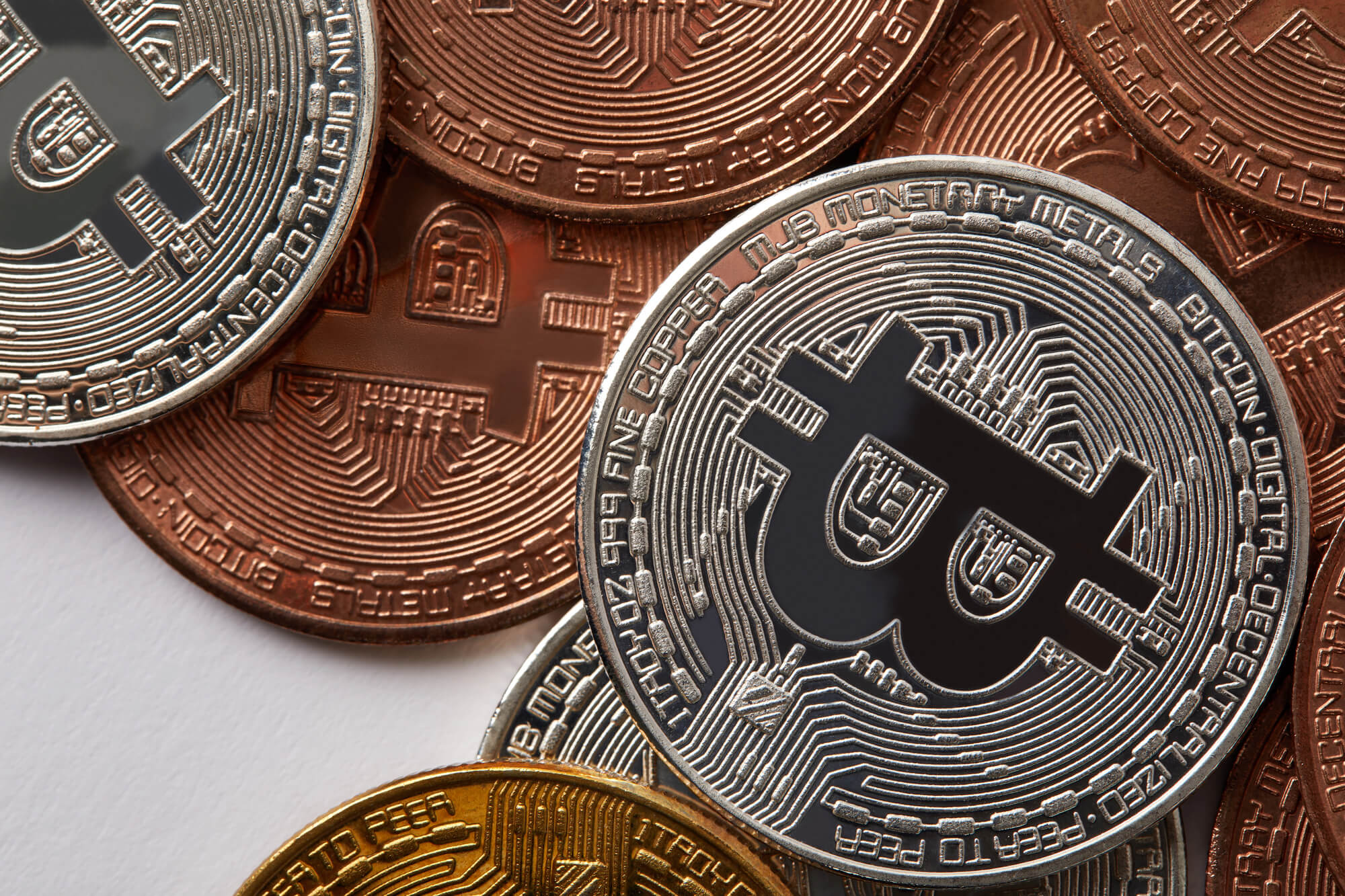The National Bank of Ukraine (NBU), Ukraine’s central bank, is no longer in control of the monetary and financial situation in the country. The Ukrainian currency — the hryvnia — has lost 19 percent of its value in the last five weeks. Consumer prices are nearly 22 percent higher than a year ago. The banking system is rapidly becoming insolvent: More than half of all bank loans are deemed to be non-performing, while both domestic and foreign deposits needed to fund these loans have been leaving the banks.
Meanwhile, the NBU has little net international reserves and lacks credibility. Net international reserves are probably down to hundreds of millions of dollars while the new IMF money is not expected to arrive until the end of January at the earliest. As for the NBU’s credibility, murky bank recapitalization deals, half-baked administrative measures, and communication mishaps have eroded public trust in the institution.
All of this was quite predictable. The NBU is no longer in control of the monetary and financial situation because it has lost its independence.
In all honesty, the NBU has never been truly independent. But in the past it had enough of both dollars and “tricks” to remain in control. Now the dollars are nearly gone and the tricks are too risky to continue playing (the previous first deputy governor is under arrest). As a result, the country’s monetary and financial system is pretty much on its own.
The clearest sign of how subservient the NBU has become to the politicians occurred at the end of September when the country’s president gathered the country’s top commercial bankers and businessmen, told them where he wanted the exchange rate level to be (presumably he and the country’s Prime Minister needed a stable exchange rate in the run up to the parliamentary elections), and then slammed his fist on the table. The official exchange rate did stay at the level ordered by the President until the parliamentary elections were over. Hundreds of millions of scarce dollars were wasted to keep it there. The president’s and the prime minister’s parties did really well. One week after the elections, the hryvnia promptly lost over 14 percent of its value in a single week.
When a country’s central bank is not independent, it is expected to print money, cover fiscal deficits, burn international reserves, and subsidize select banks when directed to do so by politicians. Politicians have short-term goals: They need to win elections, give away perks and privileges to remain influential, fight enemies foreign and domestic, and just plain look “powerful” (which involves slamming fists on tables from time to time). Yet, time and again this leads to runaway inflation, depreciating currency, fiscal insolvency, debt overhang, and, most importantly, long-term economic problems.
The economic name for one of the biggest long-term problems is called “a decrease in aggregate supply.” There are literally hundreds of years of accumulated economic wisdom behind this idea with lots of models and formulas, but basically it means that the economy on the whole decides to produce less and sell at higher prices. This is what’s happening in Ukraine right now: a steep decline in real GDP accompanied by a rise in consumer prices.
Sometimes “a decrease in aggregate supply” happens due to external reasons through no fault of any policymaker: a hurricane destroys the tourism infrastructure of a tropical island and the remaining supplies end up costing more; or a global financial crisis wipes out shaky local banks and whatever lending resources remain get pricier. In Ukraine, this is certainly a part of the problem. An unfriendly foreign neighbor has been methodically destroying the country’s productive capacity and making resources (especially energy) more costly.
But submitting to the short-term goals of the politicians is a much bigger issue. Why? Because an independent central bank would be able to gather resources and confidence to deal with the “negative shocks to aggregate supply,” while a subservient central bank would not. An independent central bank can credibly stimulate lending by local banks by channeling domestic monetary resources to them and making sure they put these resources to productive use in the economy. An independent central bank can credibly attract foreign investors and their financial resources to supplement domestic efforts. An independent central bank can convince the IMF to make the stabilization program more flexible so private credit continues to flow to the economy. An independent central bank can credibly set expectations about future inflation and interest rates, so businesses can plan ahead, invest, produce, and sell. An independent central bank can also really help to deal with Ukraine’s other long-term economic problem, the so-called “decrease in aggregate demand” or a lukewarm desire of the economy as a whole to buy goods and services due to uncertainty, corruption, and incompetent government tinkering.
A central bank that’s not independent will not be believed and will fail to gather the necessary resources and command the confidence to do any of that. A subservient central bank will just sit there quietly while politicians slam their fists on the table and then pretend that it is still in control by putting in place a succession of increasingly ineffective administrative measures.
The NBU does not have to be subservient. By the Law ‘On the National Bank of Ukraine’ (in the official translation), “the main function of the National Bank is to ensure stability of the monetary unit of Ukraine,” not to please its president or the prime minister. The same law mandates that in order to achieve its main function, the NBU must fulfill four specific policy objectives listed in the following order of priority: (1) achieve and maintain price stability, (2) promote the stability of the banking system, (3) promote the sustainability of economic growth, (4) support (“second” in the official translation) economic policies of the executive.
Right now, it looks like the NBU has got its priorities backwards: it supports the economic policies of the executives first and looks after the price stability last. As a result, “the stability of the monetary unit of Ukraine” is in jeopardy.
The NBU must get its independence back. The first step in this direction is to publicly acknowledge that it has got its priorities mixed up and to ask the public for forgiveness. The second step is to get rid of some of the more notorious operational practices to signal that it will not go back to its old habits. The third step is to immediately set up a high-level search committee to look for people with global credibility to run the NBU (no more Russian headhunters, please). The search committee should identify and attract experienced professionals who would be able to put in place and maintain a credible independent monetary policy, no matter how loudly local politicians bang on the table.
As a recent example, the Bank of England (established in 1694) became independent in 1997. In 2012, it became widely perceived that the Bank’s management knew about but failed to deal with the manipulation of the Libor benchmark interest rates set by the British Bankers Association. In 2013, there was a change in the Bank’s management. The Bank’s current governor is a Canadian; its nine-person Monetary Policy Committee includes nationals of Egypt and the United States.
Re-post from The Huffingtonpost



